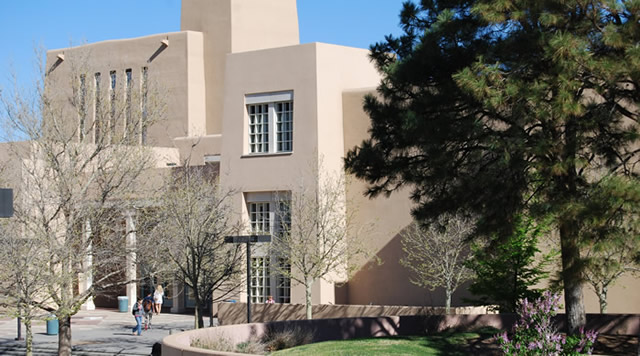
University Libraries & Learning Sciences Faculty and Staff Publications
Document Type
Presentation
Publication Date
3-24-2005
Abstract
Anyone whos entered a library recently knows that it is more than a big building filled with bound print volumes; libraries are now big buildings filled with bound print volumes and computers. Today's library building is filled with users who come to use our computers to surf the web, check email, or write papers, while more and more college students are heard saying, 'I don't ever use the library—I do everything online,' unaware that a visit to one of our full-text databases is a visit, albeit virtually, to the library. And then there are the instructors who require that students find and photocopy an article from a print journal that invariably leads to frustration when every citation of interest to the student leads only to our online subscription. Libraries are faced, then, with a dual challenge: definition of the library as place (which may include mostly physical issues unrelated to traditional information services) and definition of library as information services (which often have nothing to do with the physical building at all). This paper will explore the academic library as technical communication provider (and library research tools as popular culture artifacts) in a time when information users think very little about where their information comes from and expect instant, full-text access to everything. I will also discuss ways in which traditional library service might evolve to meet the global information wants and needs of casual users and advanced researchers.'
Language (ISO)
English
Keywords
library services, technical communication, popular culture, electronic databases
Recommended Citation
Sklar, Annelise. "Library Services to the Masses When No One Knows What We Do." (2005). https://digitalrepository.unm.edu/ulls_fsp/26



Comments
Presented at Southwest/Texas Popular Culture and American Culture Associations Annual Meeting in Albuquerque, NM, Friday, February 11, 2005